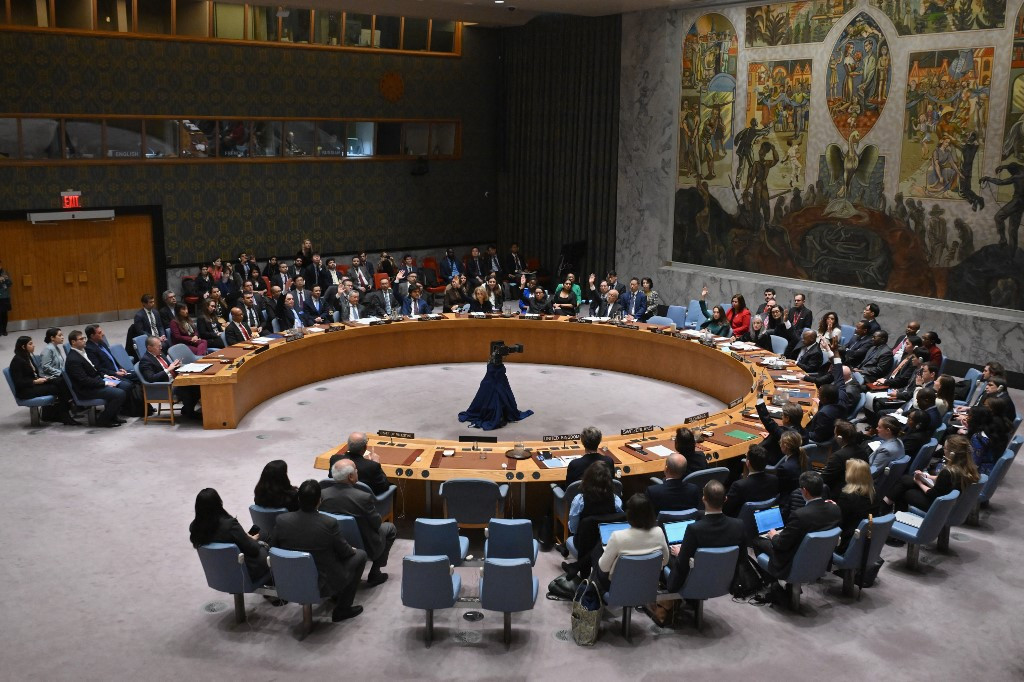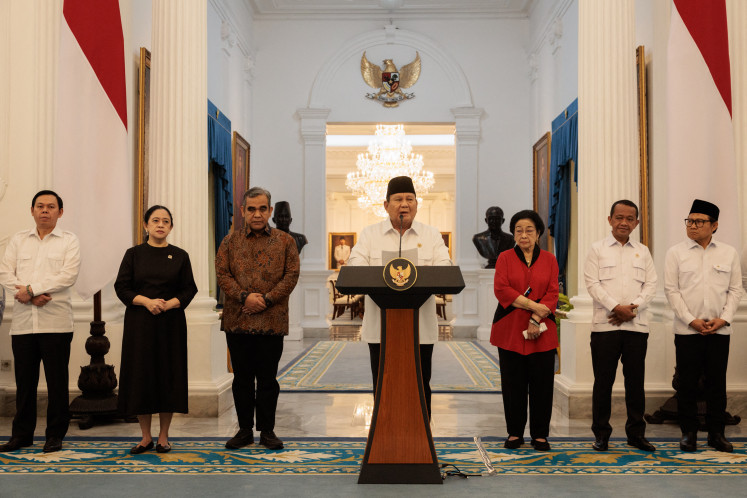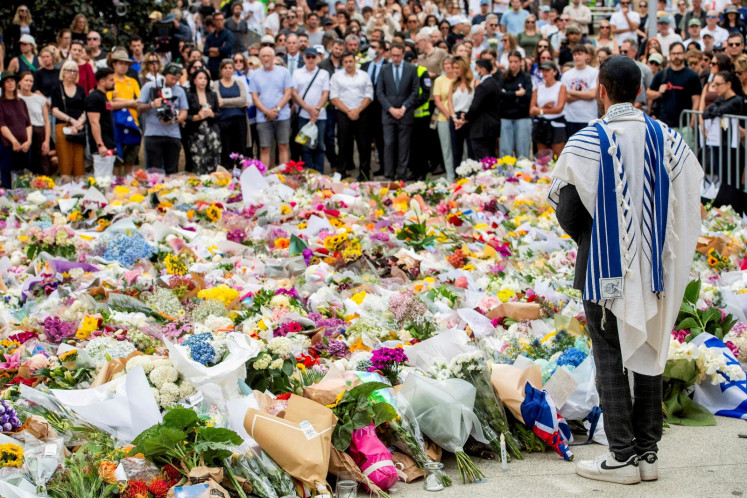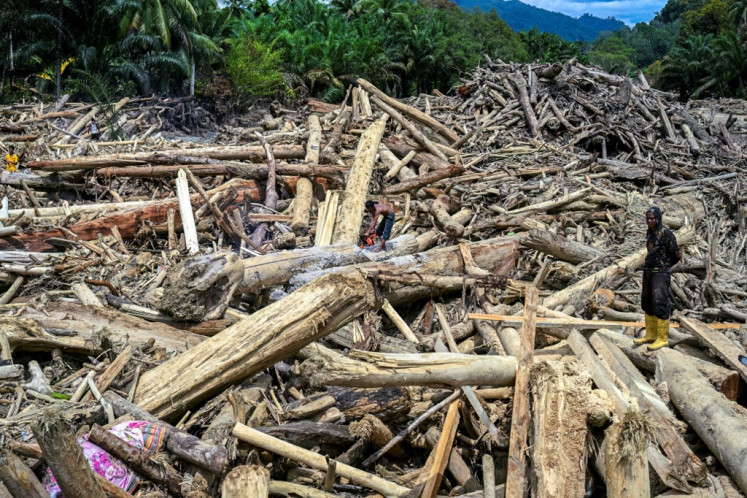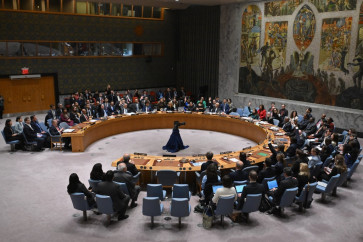Popular Reads
Top Results
Can't find what you're looking for?
View all search resultsPopular Reads
Top Results
Can't find what you're looking for?
View all search resultsMultilateralism or bust
In today’s global landscape, the cardinal rule seems to be: With enough power, governments can get away with murder.
Change text size
Gift Premium Articles
to Anyone
A
t 82, I have lived through countless political and social upheavals, enough to become somewhat inured to history’s recurring cycles. But recent developments have left me profoundly shaken and afraid. The bedrock principles of international law, established in the aftermath of World War II, are being flagrantly undermined. The ban on acquiring territory by force, the obligation to protect civilians during conflict, the limitations on the right of self-defense, and the United Nations Security Council’s mandate to “maintain international peace and security” are all unraveling, with little regard for the consequences.
In Ukraine and Gaza, occupation has been weaponized as a means of settling disputes, with civilians used as cannon fodder and the right to self-defense distorted to justify acts of retaliation and revenge. In Gaza, these actions border on genocide. Meanwhile, the United States and Russia routinely abuse their veto power at the UN Security Council, reducing it to a toothless body incapable of calling for a ceasefire in either conflict. Amid this geopolitical turmoil, extrajudicial killings, once universally condemned, are celebrated as triumphs.
This breakdown reflects the rapid transformation of the multilateral security system into a multipolar order dominated by three major powers, each singularly focused on protecting its interests and expanding its sphere of influence, leaving the rest of the world increasingly insecure. In today’s global landscape, the cardinal rule seems to be: With enough power, governments can get away with murder.
The erosion of international rules and norms is compounded by glaring double standards. Western powers’ unconditional support for Israel’s actions in Gaza and Lebanon, repeatedly justified by the refrain, “Israel has the right to defend itself”, contrasts sharply with the harsh economic sanctions imposed on Russia. Admittedly, Russia initiated the war in Ukraine, just as Hamas did in Gaza, but Israel’s violations of international law have been so numerous and egregious that it has effectively assumed the role of aggressor.
These double standards have been acutely felt across the developing world, where the common perception is that major democracies’ commitment to human rights ends at their own borders. Consequently, a profound sense of injustice and hypocrisy has intensified the long-standing distrust between the Global North and South.
Alarmingly, geopolitical tensions are deepening just as humanity is grappling with three existential threats that require close international cooperation: climate change, the nuclear arms race and the rise of artificial intelligence.
The climate crisis has already escalated into a full-blown environmental catastrophe, marked by increasingly frequent and severe storms, floods, droughts and wildfires. Without drastic cuts in greenhouse-gas emissions, global warming is projected to surpass the 2 degrees Celsius threshold set by the 2015 Paris climate agreement and reach 3 egrees by the end of the century. Yet the international community is unable to agree on the actions and financing needed to avert disaster. US President-elect Donald Trump, who withdrew from the Paris accord during his first term, is widely expected to do so again, jeopardizing progress toward effective climate action.

